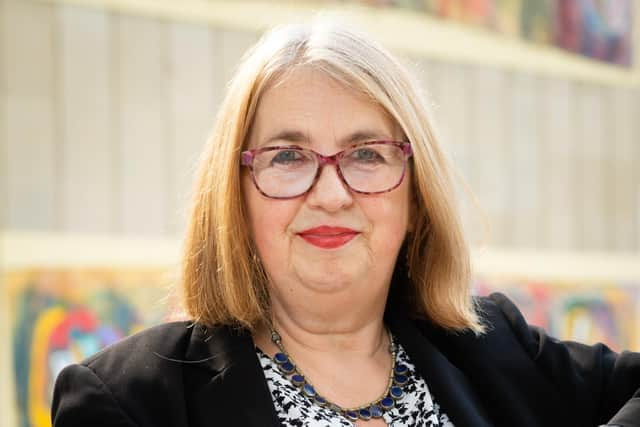President Lula will get international support to tackle deforestation - Fiona Macaulay
Agencies were defunded and appointments left unfilled, so they became empty shells. No one knew exactly what environmental crimes were being committed and those who committed them were not investigated or prosecuted.
Loggers, ranchers and anyone wanting to take and burn large areas of land knew they had carte blanche to do so.
Advertisement
Hide AdAdvertisement
Hide AdWhen Lula first came into power in 2003, deforestation was at a peak and, under his eight years in government, there was a marked drop in the rate of deforestation. Under his successors, though, it rose again, especially under Bolsonaro.


There is a very clear pattern of deforestation in areas where Bolsonaro has political support. Ranchers even deliberately set fires in the Amazon as a political gesture.
So, the election result is good news for Brazil and for the rainforest. Lula is acutely aware that the latter is a priority for the international community right now.
The Norwegian government has already announced that it will restore its Amazon protection subsidies, worth U$33 million, which it had suspended in 2019, in protest at President Bolsonaro’s neglect of the rainforest. Lula has also indicated he will appoint leading environmentalist, Marina da Silva, as head of the Environment Ministry, and will set up a ministry to protect indigenous peoples whose very survival was threatened by deforestation
Advertisement
Hide AdAdvertisement
Hide AdThe hope is that this will allow a rapid reinforcement of the monitoring and enforcement bodies in the Amazon to give a clear signal that it isn’t open season anymore and that the rule of law has been re-established.
But, it isn’t going to be easy.
All those ranchers and loggers who felt free to do as they like will not be best pleased.
The Amazon has become one of the most violent regions in Brazil. Whilst murder rates have been dropping in the big cities, they have risen sharply in rural areas.
Had Bolsonaro won a second term, he would likely have caused more damage.
Advertisement
Hide AdAdvertisement
Hide AdBolsonaro might have gone but Bolsonarism is very much still alive.
Lula has proved himself to be a skilled politician who is good at working with the international community. Now he must overcome the mistrust of those who refused to vote for him, by providing jobs and basic services for the millions of Brazilians currently in deep poverty.
Whilst the UK will support efforts on Amazon protection, it also has other interests in Brazil, one of the largest countries in the world in terms of landmass, population and economy. UK-Brazil trade is worth £6.5bn a year. The oil and gas sector is particularly tempting. BP and Shell had successfully secured major contracts for deepwater drilling in the huge untapped offshore oil fields, helped by government export guarantees.
But, under the Johnson government, which hosted COP26 in Glasgow, Brazil and the UK signed an agreement on renewable energy and decarbonised growth. Can both countries now pursue much-needed economic growth and social investment without resorting to the fossil fuels that are tipping the planet into irreversible and catastrophic climate change?
Professor Fiona Macaulay is an expert in Brazil at the University of Bradford.